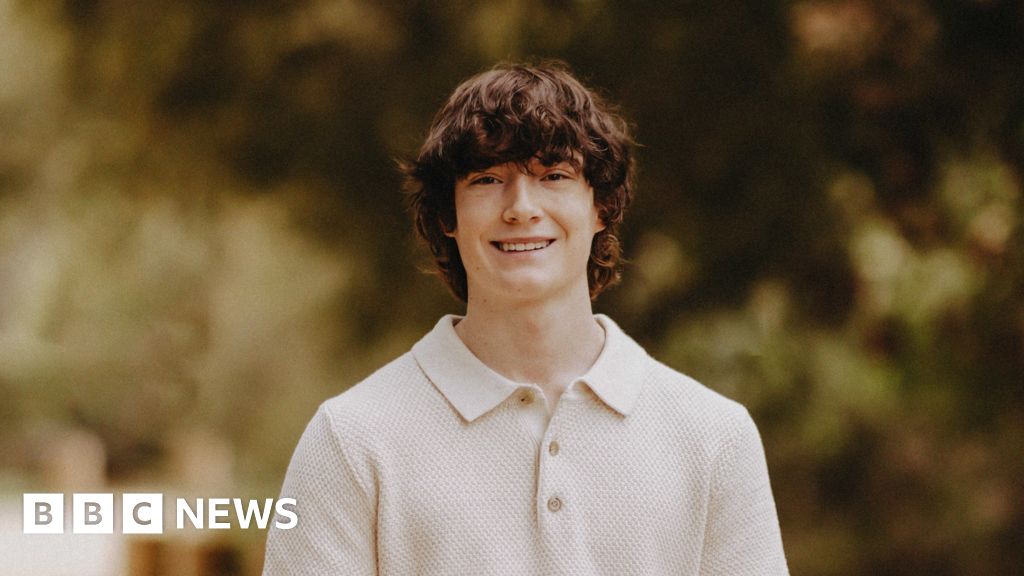In a troubling development, Instagram users are experiencing severe emotional distress after being wrongfully banned from the platform due to allegations of child sexual exploitation. Multiple individuals have come forward, sharing their experiences of stress and financial loss after receiving permanent bans, only for their accounts to be restored after media intervention.
The BBC has spoken with three individuals, all of whom were informed by Meta—Instagram’s parent company—that their accounts would be disabled due to allegations related to child sexual exploitation. After the media documented their cases, these users had their accounts reinstated shortly thereafter. “I've lost endless hours of sleep,” shared one ban victim, who expressed feeling isolated and under the weight of such serious accusations.
Reports indicate more than 100 users have contacted BBC News, claiming wrongful bans and citing mental health ramifications, lost memories, and reduced income as significant concerns. A petition advocating for a review of Meta's moderation policies has garnered over 27,000 signatures, with many asserting the AI-driven system is flawed, compounded by an inadequate appeals process.
David, a Scotland resident, recounted his experience of being banned on June 4, only to find a community of others facing similar brutal accusations. “We have lost years of memories... due to a completely outrageous accusation," he explained, criticizing Meta for a lack of transparency in their decisions. After the BBC escalated his case, his account was swiftly restored, providing him with relief.
Faisal, a London student aspiring for a career in the creative arts, faced a similar nightmare. He was banned on June 6 right as he was generating income through commissions. After multiple appeals and highlighting his case with the BBC, he also received an apology from Meta when his account was reinstated. However, the lingering concerns about potential future ramifications from the wrongful ban weigh heavily on his mind.
Salim, another user who experienced a wrongful ban, criticized Meta’s reliance on AI, stating that it is misidentifying ordinary individuals as offenders. His accounts were eventually restored after he drew public attention to his case.
Despite these troubling narratives, Meta has not publicly acknowledged the systemic issues leading to these wrongful bans. While the company has faced pressure from global regulators to enhance safety on social media, it remains unclear how the moderation processes, particularly involving AI, can inadvertently misclassify innocent users.
Experts in social media moderation, like Dr. Carolina Are, underscore the need for more transparent dialogue from Meta regarding its moderation and appeal processes. As pressure mounts to address these algorithmic failures, the discourse surrounding user safety, platform responsibility, and mental health continues to grow louder, aiming for accountability and reform.




















